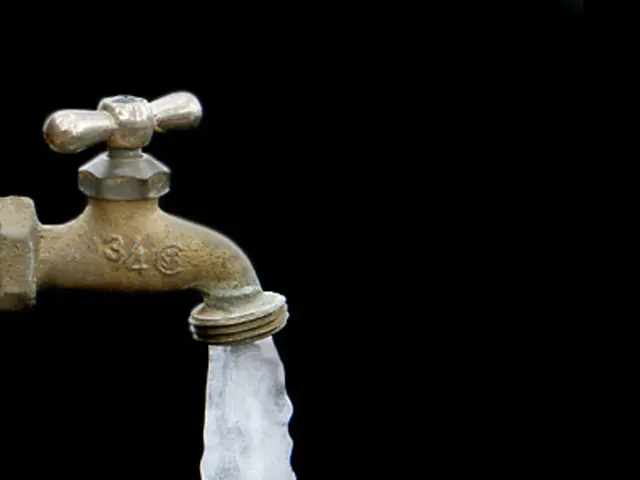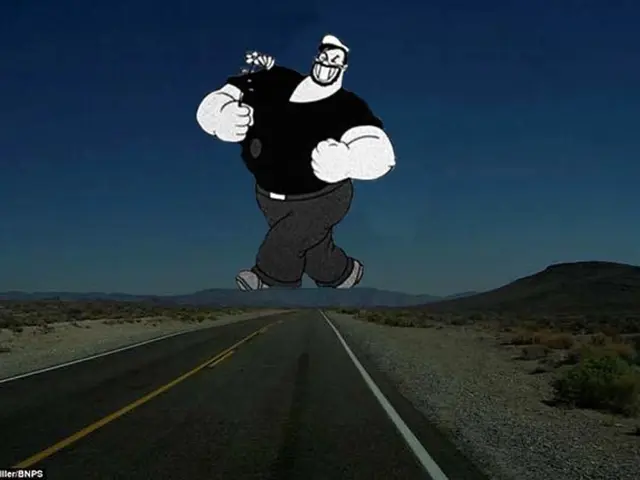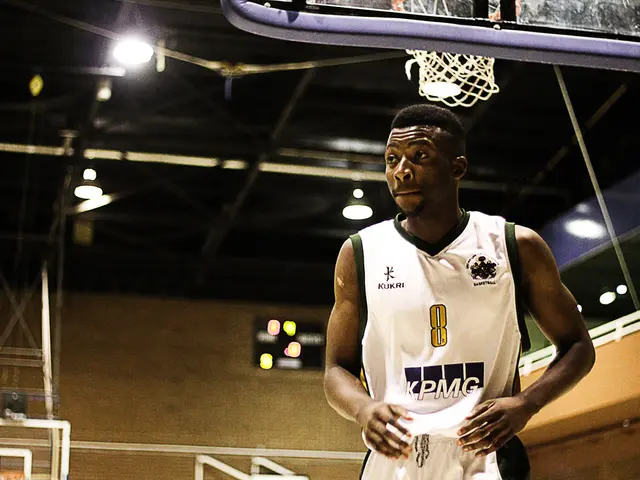Ukrainian President Zelenskyy Faces Limited Choices
Title: The Trump-Putin Peace Proposal: Ukraine Stands Firm
In the ongoing tug-of-war of the Ukraine conflict, US President Donald Trump hints at a deal with Russia, causing ripples of concern among Western allies.
- Trump's Last Ditch Effort: The Ukraine War's Saving Grace?
- Zelensky's Tightrope Act: Navigating the Trump-Putin Peace Proposal
The Kremlin's spokesman, Dmitri Peskov, reveals that Russia is ready for a ceasefire and peace agreement with Ukraine, only if Kiev cedes the regions annexed by Moscow. "We're talking about four regions outlined in our constitution. The Ukrainian army must surrender their weapons and withdraw. Once that happens, hostilities will cease," Peskov said in an interview with "Le Point."
Trump's response to the Ukrainian President, Volodymyr Zelensky, has been less than supportive. "We need to reach a deal with Zelensky—it's harder than I thought," he told reporters. Hours earlier, his spokesperson, Karoline Leavitt, admitted that Trump was growing frustrated with the slow pace of negotiations, claiming that Zelensky was moving in the wrong direction.
Zelensky Under Pressure Cooker
With the Trump-Putin deal on the table, Zelensky finds himself in a precarious position. If he accepts the deal, Ukraine would suffer a significant loss, giving up large territories to end the conflict. "Trump's proposal is all about saving face," says Austrian political scientist Klemens Fischer in an interview with Focus. "If Zelensky complies, Trump appears as the 'Messiah' of peace. But if Zelensky resists, Trump can blame Ukraine entirely."
Facing this conundrum, Zelensky has to tread carefully. Fischer suggests that Zelensky should stop publicly announcing his maximalist demands, giving him a better chance at negotiations. "Otherwise, the USA might completely withdraw its vital support, leaving Ukraine practically defenseless within days," Fischer warns.
Ukraine: A Stubborn Stance
Ukrainian officials and their European partners accuse Russia of being disingenuous in their commitment to negotiations, as evidenced by Moscow sending a lower-level delegation to recent talks in Istanbul. They view the Trump-backed US peace framework as heavily skewed toward Russian interests, with the deal being vaguer on Ukraine’s benefits than Russia's gains.
Given these circumstances, Ukraine refuses to recognize Crimea as Russian and relinquish control over the occupied territories. Instead, they seek to maintain diplomatic engagements with their Western allies, holding onto sanctions and pressure on Russia rather than accepting unfavorable peace terms. Military resistance and efforts to recapture occupied territories remain central to Ukraine's strategy, as they refuse to accept frozen front lines that legitimize Russian occupation.
In essence, Ukraine stands firm against the Trump-Putin peace proposal, aiming for solutions that restore their territorial integrity without conceding to Russia's annexations. Continued diplomatic engagement with Western allies is crucial for maintaining pressure on Russia and upholding Ukraine's national interests.
- The Ukraine-Russia conflict's resolution through a potential Trump-Putin peace deal is being closely watched in the realm of general news, political discussions, and war-and-conflicts, as it could significantly impact the region.
- While pressure mounts on Ukrainian President Volodymyr Zelensky to make a decision, some political analysts advise him to adjust his stance, suggesting he moderate his maximalist demands to increase the likelihood of favorable negotiations with both Trump and Russia, otherwise, Ukraine may find itself without crucial support from its Western allies.







